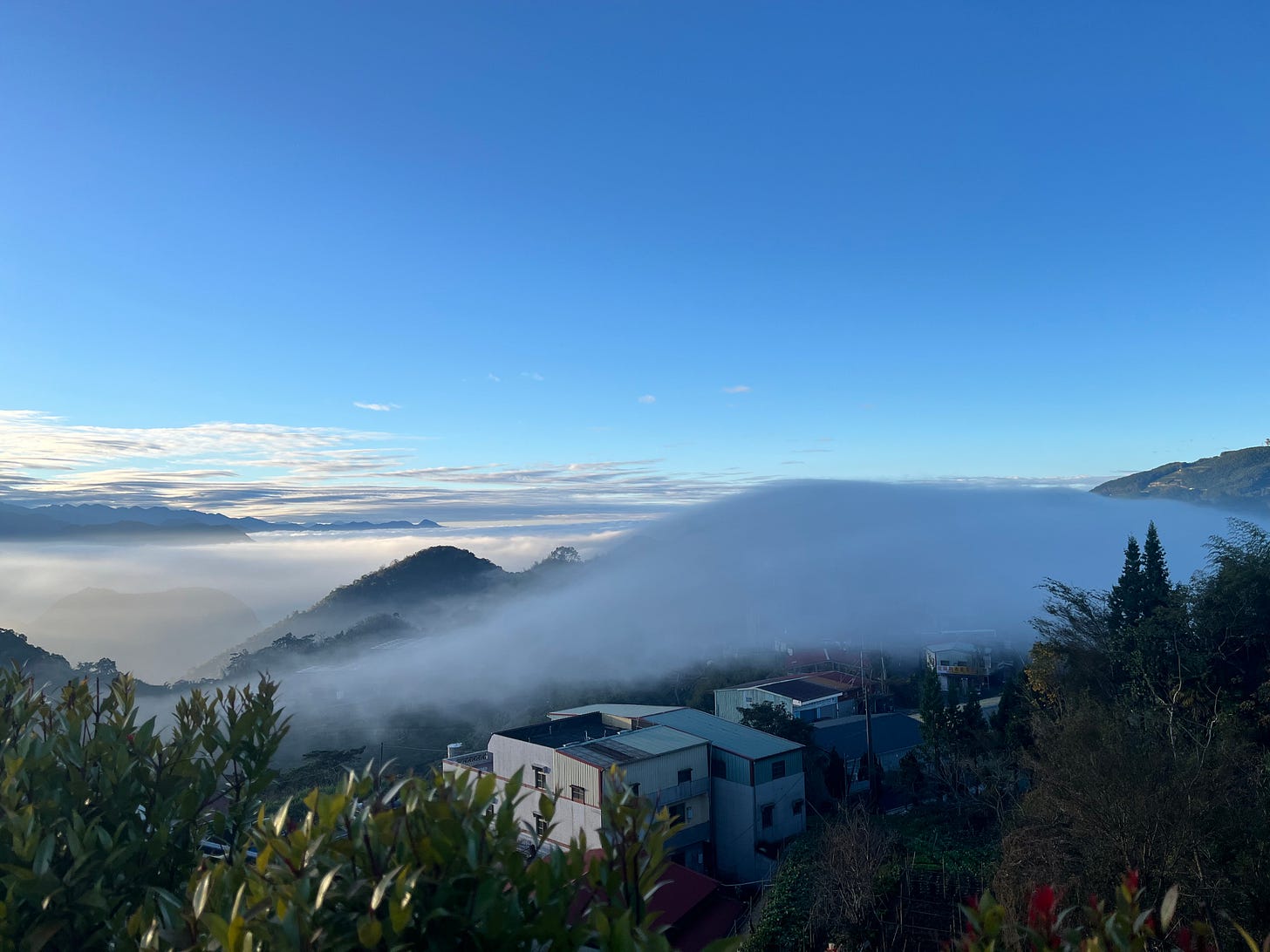Pre-election jitters
We adopt an orange tabby cat!; plus details on the NATSA conference and a roundtable on decolonizing Chinese identity
Dear readers, Happy New Year! We’re sorry we’ve been out of touch for a bit — December was perhaps the most hectic month we’ve had since arriving in Taiwan two and a half years ago.
Michelle here.
Albert and I are very, very, very nervous about the elections this Saturday. All signs point to a really close election, and the outlook doesn’t look great for the incumbent Democratic Progressive Party (DPP). It doesn’t seem likely that the DPP will retain its majority in the legislature. There’s a fair chance that it will lose control of the presidency altogether.
Long-time readers of this newsletter know our politics. But in the past couple of weeks we have gained quite a few new readers, and we’d like to be transparent about why we support the DPP to retain power.
On the surface, this election should be a slam dunk for the DPP. Outgoing President Tsai Ing-wen has presided over a transformative eight years. Under her watch, Taiwan had one of…
Keep reading with a 7-day free trial
Subscribe to A Broad and Ample Road to keep reading this post and get 7 days of free access to the full post archives.




